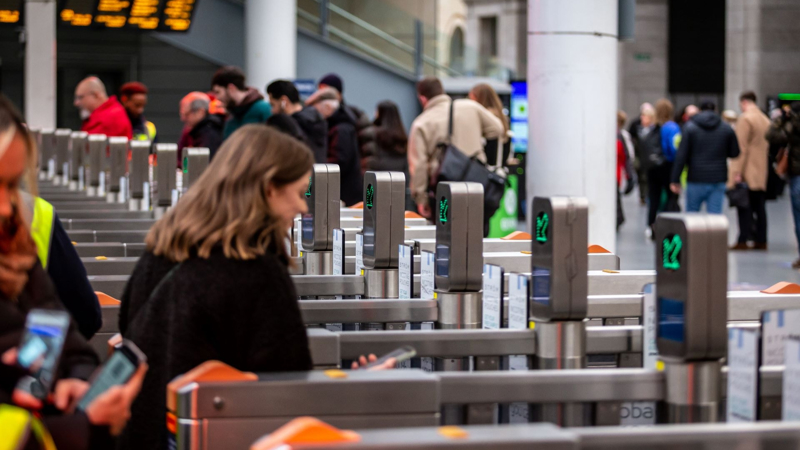
The Office of Rail and Road (ORR) has recommended that rail fare enforcement is overhauled and made fairer in a new review of the current system.
The ORR review was commissioned by the previous transport secretary Louise Haigh in November 2024, after it emerged that operators were using a fast-tracked process called a ‘Single Justice Procedure’ to prosecute fare evaders. It led to 59,000 convictions to be quashed. Whilst ORR acknowledged at the time that the process being used was a “procedural error” rather than a problem with the system, Haigh nonetheless commissioned the review.
The review has found that there are significant inconsistencies across the industry in its approaches to revenue protection, prosecution, as well as a lack of information and clarity of a passenger’s rights and a severe lack of fairness for passengers.
Stephanie Tobyn, ORR’s director of strategy, policy and reform, who has been overseeing the review, said: “Our evidence shows a system that has evolved over time where the legal framework and enforcement processes are increasingly complex and appear weighted towards industry, leaving some passengers who make innocent errors vulnerable to disproportionate outcomes.
“But meanwhile, fare evasion remains a significant problem, and rigorous action should be taken against those who intentionally seek to defraud the railway.”
The report found that Train Operating Companies (TOCs) have “considerable scope to set their own approach to revenue protection.” This lack of guidance, it says, has led to different policies and “lots of variation” on how train staff apply them. It has also meant there was a lack of transparency for rail users, as well as making it difficult for TOCs to determine whether a fare evader had committed an honest mistake or was a repeat offender.
ORR has therefore recommended that consistent principles and a new governance framework be adopted by TOCs which would include an escalated approach for determining a passenger’s intent as well as developing better data-sharing for identifying persistent offenders.
Greater consistency when prosecuting offenders should also be applied, the report has recommended. It found that prosecutions for ticketing offences had risen by 52% between 2019 and 2023, despite passenger numbers falling by 7% in that time. ORR discovered that six TOCs did not conduct a ‘Full Code Test’ – a test to determine whether prosecuting would be in the public interest or not, and improvements were needed by TOCs who did conduct the test. This had meant that decisions on what criminal cases to pursue, differed greatly depending on the TOC.
It also found that in some instances, some TOCs written policies stated that they would pursue out-of-court settlements, despite having insufficient evidence to prosecute.
It has therefore recommended that a “consistent test for prosecution, including guidance on weighing public interest factors in favour or against prosecution” be established. A wider review of revenue protection has also been recommended.
Evidence collected by ORR throughout the review showed that there was very limited information about revenue protection policies and the consequences of travelling with an invalid ticket made available to passengers. This included a lack of clarity on “key grounds of appeal” and making it too difficult for passengers to obtain information.
It has recommended that information is made more accessible and when action is taken against a passenger, the process should be clearly set out.
Rail Minister Lord Peter Hendy added: “Deliberate fare-dodging costs the taxpayer up to £400 million annually - money which could be better spent on improving passenger experience – and must be dealt with, but ham-fisted prosecutions that punish people who have made an innocent mistake is not the way to do this.”
The Rail Delivery Group said that the review was “in line with its plans to create a simpler, better value fares system.”
ORR has passed on its findings to the Department for Transport with Lord Hendy saying that the Government would be “setting out what we’ll be doing to address the issues raised in due course.”
















Login to comment
Comments
No comments have been made yet.